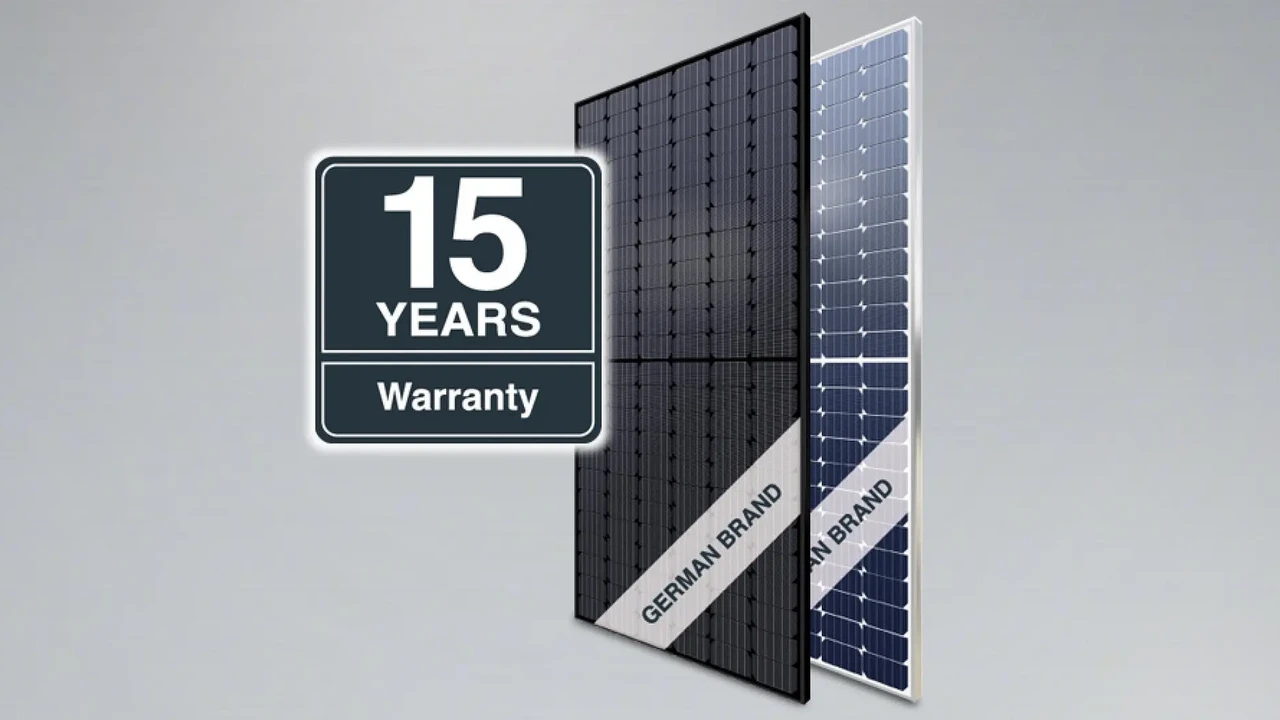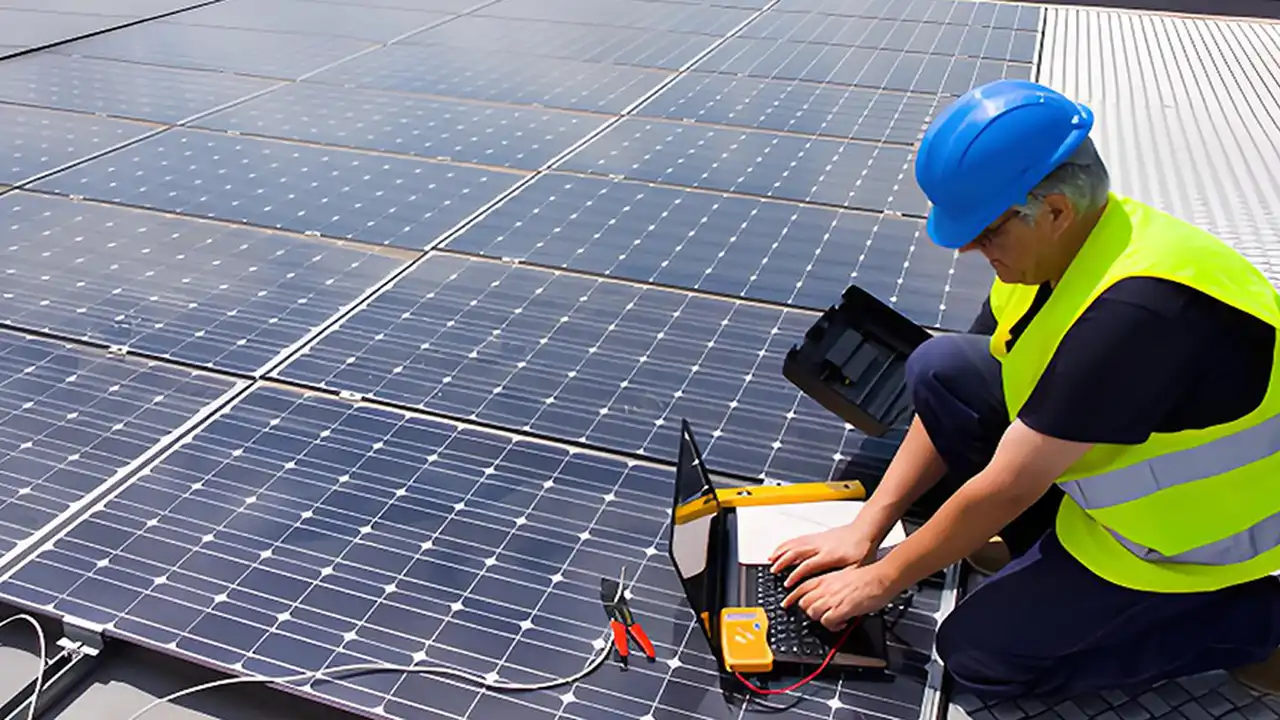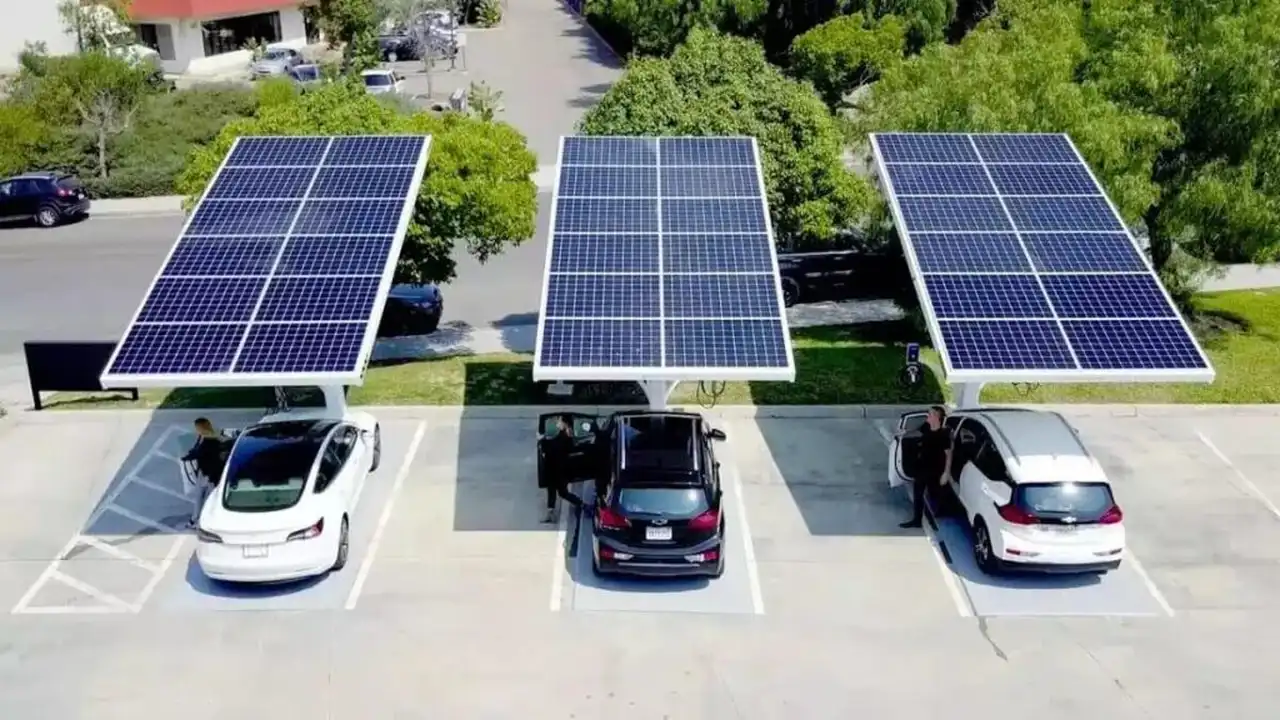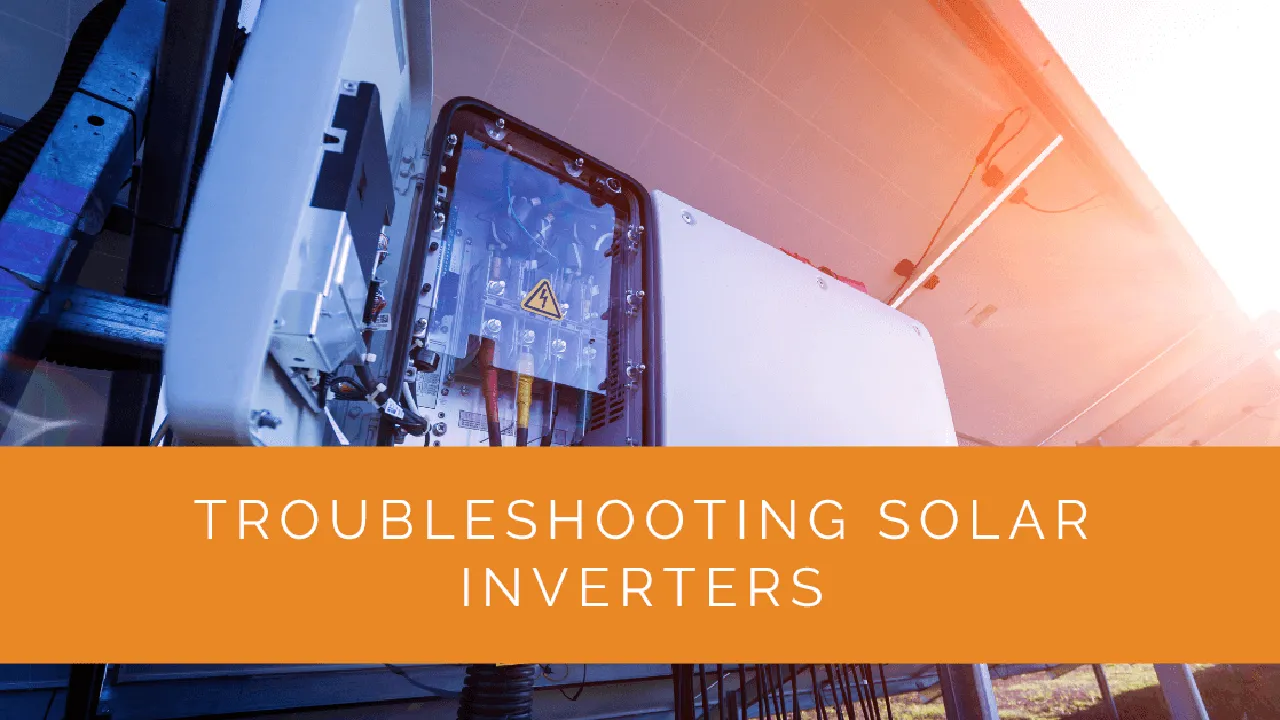Solar Panel and Home Value: Does It Increase It?
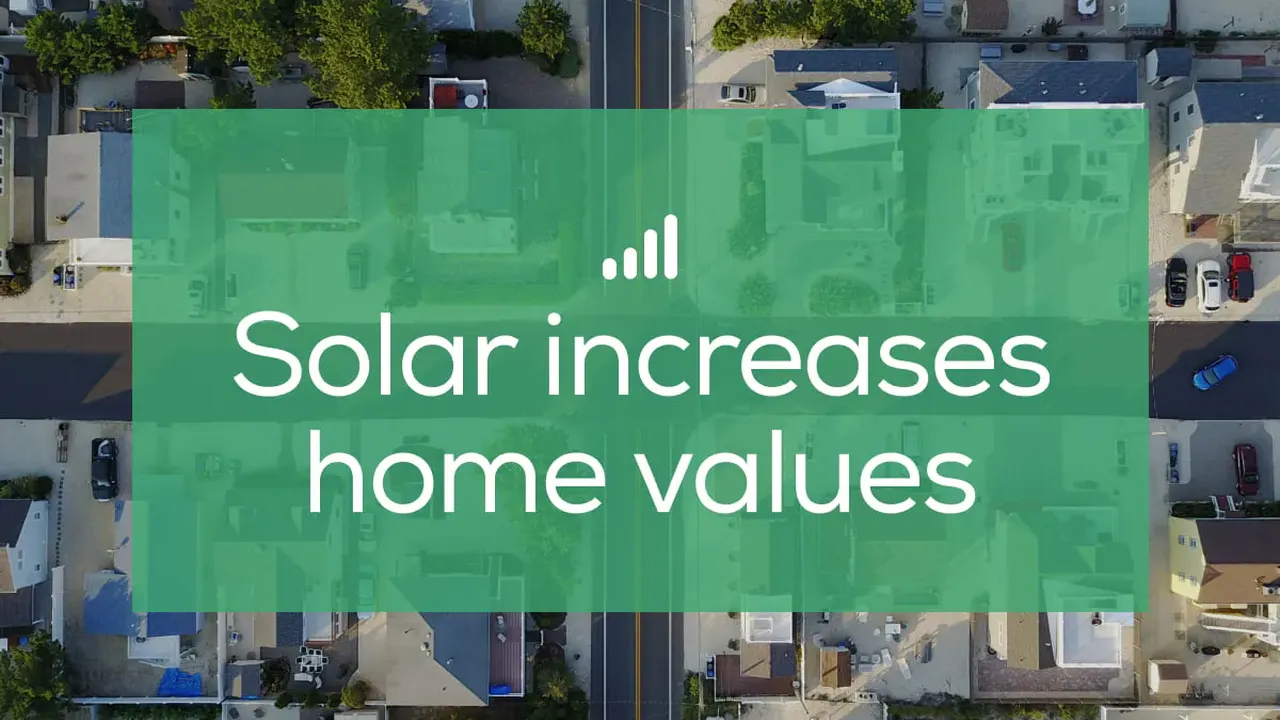
Understanding the Impact of Solar Panels on Home Value Solar Panel Benefits
So, you're thinking about going solar? Awesome! But a big question pops up: will solar panels actually *boost* my home's value? It's a valid concern, and the short answer is often yes, but with a few caveats. Let's dive in and break down the factors that influence how solar panels affect your home's bottom line.
First off, let's be real. Nobody wants to invest in something that's going to *hurt* their property value. The good news is that solar panels are generally seen as a major upgrade, like a remodeled kitchen or a finished basement. Think about it: you're offering potential buyers a chance to drastically cut their electricity bills, contribute to a greener planet, and enjoy a more energy-independent lifestyle. That's a pretty sweet deal!
Several studies have backed this up. Zillow, for example, found that homes with solar panels sold for an average of 4.1% more than comparable homes without solar. That's a significant chunk of change! The exact increase can vary depending on your location, the size of your solar system, and the overall market conditions, but the general trend is positive.
Why do solar panels add value? Well, there are a few key reasons:
- Lower Energy Bills: This is the big one. Buyers love the idea of saving money on their monthly electricity bills. Solar panels can significantly reduce or even eliminate those bills, making your home more attractive.
- Sustainability and Eco-Friendliness: More and more people are concerned about the environment. Solar panels allow homeowners to reduce their carbon footprint and contribute to a more sustainable future.
- Energy Independence: Solar panels give you a degree of energy independence. You're less reliant on the grid, which can be particularly appealing in areas with frequent power outages.
- Modern and Updated: Solar panels give your home a modern, updated look. They signal that you've invested in the property and are forward-thinking.
Key Factors Influencing Solar Panel Home Value Appraisal Green Energy Investments
Okay, so solar panels *can* increase your home's value. But it's not a guaranteed slam dunk. Several factors can influence the extent of that increase:
- System Size and Performance: A larger, more efficient solar system will generally add more value than a smaller, less efficient one. Buyers want to know that the system is capable of meeting a significant portion of their energy needs.
- Age and Condition: Like any home appliance, solar panels depreciate over time. A newer system in good condition will be more appealing than an older, poorly maintained one.
- Location: The demand for solar panels varies by location. In areas with high electricity rates and strong solar incentives, solar panels are likely to add more value.
- Local Market Conditions: The overall real estate market can also play a role. In a hot market, buyers may be willing to pay a premium for a home with solar panels. In a slower market, the impact may be less pronounced.
- Ownership vs. Lease: This is a big one. Owning your solar panels is almost always better than leasing them when it comes to home value. Leased systems can be a turnoff for buyers, as they have to assume the lease payments. Owning the system outright makes it a true asset.
Solar Panel Brands and Models Product Recommendations Cost Comparison
Alright, let's talk about some specific solar panel brands and models. Choosing the right panels can make a big difference in both performance and resale value. Here are a few popular options to consider:
- SunPower: SunPower is known for its high-efficiency panels, which produce more power per square foot than many other brands. They're also very durable and come with a comprehensive warranty. However, they're also on the pricier side.
- LG: LG solar panels are another excellent choice, offering a good balance of performance, reliability, and price. They're also known for their sleek design.
- Panasonic: Panasonic panels are known for their consistent performance and long lifespan. They're a solid mid-range option.
- REC Group: REC panels are a popular choice for homeowners looking for a good value. They offer a good balance of performance and price.
- Q CELLS: Q CELLS is another budget-friendly option that offers decent performance and reliability.
Here's a quick comparison table:
| Brand | Pros | Cons | Typical Price (per watt) |
|---|---|---|---|
| SunPower | High efficiency, durable, excellent warranty | Expensive | $3.00 - $4.00 |
| LG | Good performance, reliable, sleek design | Can be slightly more expensive than mid-range options | $2.75 - $3.50 |
| Panasonic | Consistent performance, long lifespan | Not the highest efficiency | $2.50 - $3.25 |
| REC Group | Good value, decent performance | Not as well-known as some other brands | $2.25 - $3.00 |
| Q CELLS | Budget-friendly | Performance not as high as premium brands | $2.00 - $2.75 |
Usage Scenarios:
- SunPower: Best for homeowners who want the highest possible energy production and are willing to pay a premium. Ideal for smaller roofs where maximizing power output is crucial.
- LG: A great all-around choice for homeowners who want a balance of performance, reliability, and aesthetics.
- Panasonic: Suitable for homeowners who prioritize long-term reliability and consistent performance.
- REC Group: A good option for homeowners who want a good value without sacrificing too much performance.
- Q CELLS: Best for homeowners on a tight budget who still want to go solar.
Remember to get quotes from multiple installers and compare the performance and warranty of different panels before making a decision.
Understanding Solar Inverter Options String Inverters Microinverters Power Optimizers
The inverter is the brains of your solar system. It converts the direct current (DC) electricity produced by the solar panels into alternating current (AC) electricity that can be used by your home. There are three main types of inverters:
- String Inverters: String inverters are the most common and least expensive type of inverter. They connect all the solar panels in a "string" to a single inverter. The downside is that if one panel is shaded, the performance of the entire string can be affected.
- Microinverters: Microinverters are small inverters that are attached to each individual solar panel. This allows each panel to operate independently, so shading on one panel won't affect the performance of the others. They also provide more detailed monitoring of each panel. However, they're more expensive than string inverters.
- Power Optimizers: Power optimizers are similar to microinverters, but they don't convert the DC electricity to AC at the panel level. Instead, they optimize the DC voltage of each panel and send it to a central inverter. This provides some of the benefits of microinverters (such as shade mitigation) at a lower cost.
Popular inverter brands include:
- Enphase: Enphase is a leading manufacturer of microinverters.
- SolarEdge: SolarEdge is a popular brand of power optimizers and inverters.
- SMA: SMA is a well-known manufacturer of string inverters.
Choosing the right inverter:
- String inverters: Best for systems with no shading and a simple roof layout.
- Microinverters: Best for systems with shading or a complex roof layout.
- Power optimizers: A good compromise between string inverters and microinverters.
Solar Panel Installation Considerations Permitting Inspections Grid Connection
Installing solar panels is a complex process that should always be done by a qualified professional. Here's a brief overview of what to expect:
- Permitting: You'll need to obtain permits from your local government before you can install solar panels. The permitting process can vary depending on your location.
- Installation: The installation process typically takes a few days. The installers will mount the panels on your roof, connect them to the inverter, and wire the system to your electrical panel.
- Inspection: Once the installation is complete, an inspector will come to your home to ensure that the system is installed correctly and meets all safety requirements.
- Grid Connection: Finally, your utility company will need to connect your solar system to the grid. This allows you to send excess electricity back to the grid and receive credit on your bill.
Maximizing Your Return on Investment Solar Incentives Tax Credits Rebates
The cost of solar panels can be significant, but there are several ways to reduce the upfront cost and maximize your return on investment:
- Federal Tax Credit: The federal government offers a tax credit for 30% of the cost of solar panels.
- State and Local Incentives: Many states and local governments offer additional incentives, such as rebates and tax credits.
- Net Metering: Net metering allows you to sell excess electricity back to the grid and receive credit on your bill.
- Solar Loans: Solar loans can help you finance the cost of solar panels.
Make sure to research all available incentives and financing options before you install solar panels.
Maintaining Your Solar Panel System Cleaning Monitoring Performance
Solar panels are relatively low-maintenance, but it's important to keep them clean and monitor their performance to ensure that they're operating efficiently.
- Cleaning: Solar panels can get dirty from dust, pollen, and bird droppings. Cleaning them regularly (once or twice a year) can help improve their performance. You can clean them yourself with a hose and a soft brush, or you can hire a professional cleaning service.
- Monitoring: Most solar systems come with a monitoring system that allows you to track their performance. This can help you identify any problems early on.
- Professional Inspection: It's a good idea to have your solar system inspected by a professional every few years to ensure that it's in good working order.
Future Trends in Solar Technology Battery Storage Smart Home Integration
The solar industry is constantly evolving, with new technologies and innovations emerging all the time. Here are a few trends to watch:
- Battery Storage: Battery storage is becoming increasingly popular, as it allows homeowners to store excess solar energy and use it later when the sun isn't shining. This can increase energy independence and reduce reliance on the grid.
- Smart Home Integration: Solar panels are increasingly being integrated with smart home systems, allowing homeowners to control their energy usage and optimize their energy savings.
- Perovskite Solar Cells: Perovskite solar cells are a new type of solar cell that is potentially more efficient and less expensive than traditional silicon solar cells.
Home Value and Solar Panel System Longevity Long Term Investment
Ultimately, investing in solar panels is a long-term decision that can have a positive impact on your home's value. By choosing the right panels, installing them properly, and maintaining them regularly, you can maximize your return on investment and enjoy the benefits of clean, renewable energy for years to come. Remember to factor in the ownership of the panels as a crucial factor for increasing home value. Leased systems often detract from the appeal.
:max_bytes(150000):strip_icc()/277019-baked-pork-chops-with-cream-of-mushroom-soup-DDMFS-beauty-4x3-BG-7505-5762b731cf30447d9cbbbbbf387beafa.jpg)



